MPhil环境规划
MPhil in Planning

学历文凭
Masters Degree (Research)

专业院系
School of Natural and Built Environment

开学时间

课程时长

课程学费

国际学生入学条件
IDP—雅思考试联合主办方

雅思考试总分
6.5
了解更多
雅思考试指南
- 雅思总分:6.5
- 托福网考总分:90
- 托福笔试总分:160
- 其他语言考试:PTE - 62 overall with minimum of 51 in each component
CRICOS代码:
申请截止日期: 请与IDP顾问联系以获取详细信息。
课程简介
The discipline of Planning is located in the School of Natural and Built Environment. In recent years the performance of the discipline has been quite exceptional in a range of surveys, e.g. National Student Survey, Times Higher Education Survey and Guardian League Table. Given this, Planning at Queen’s is very highly ranked within the UK's Russell Group Universities.ur research programme is based on the concept of spatial planning and whilst our empirical work is partly grounded in the region, it is built on strong international, interdisciplinary and theoretical references. Our particular strength is the staff team who have built a track record in scholarly and applied research and a wide-ranging portfolio of publications, research grants and Doctoral studentships. Planning academics have built an international reputation and attracted a stream of major research funding linked to our main areas. We value the connection between our research and teaching programmes and the application of our empirical work in a learning environment, and continues to innovate and develop teaching programmes to reflect a rapidly changing market place, problem and policy context and changes in professional standards.
相关申请
 预科
预科 奖学金
奖学金 实习机会
实习机会 在校学习
在校学习 跨境学习
跨境学习 校园授课-线上开始
校园授课-线上开始 在线/远程学习
在线/远程学习
学校排名

世界排名201
数据源:泰晤士高等教育世界大学排名
关于英国女王大学

贝尔法斯特女王大学(简称''女王大学'')是英国历史最悠久和最负盛名的大学之一,一直保持着令人印象深刻的优秀记录。作为备受尊敬的罗素大学集团成员,女王大学名列世界大学前180( 2019年QS世界排名),并因其令人印象深刻的校园设施并列位居全英第二(泰晤士高等教育)。大学也是公认的全英十所最美大学之一,位于北爱尔兰首府贝尔法斯特市中心,该城市名列2018年《孤独星球》全球最受欢迎旅游地区第一。女王大学自豪地拥有若干令人印象深刻的校友,其中包括谢默斯•希尼和戴维•特林布尔两位诺贝尔奖得主。大学持续不断为毕业生提供的卓越前景和研究式学习使94%以上的毕业生在毕业后6个月内就业。大学对所有人开放,无论其社会地位、种族或性别,并因此倍感自豪。超过30%的学生来自较低层社会经济群体,是英国领先的无障碍教育机构。大学为学生建立了大量支持网络,提供必要的帮助和建议以为学生体验提供协助。女王大学令人印象深刻的校园设施是持续投资的主题,包括最新斥资5000万英镑的麦克雷图书馆,图书馆拥有120万册书籍、电脑和标志性C.S.路易斯阅览室,阅览室内部装饰灵感来自该作家的作品,其中包括手工雕刻仿制的《纳尼亚传奇》衣柜门。 一流的健身设施包括配备25米泳池和室外3G球场的健身中心。女王大学还有剧院、餐厅和自己的音乐场馆''曼德拉音乐厅''。
本校相关课程
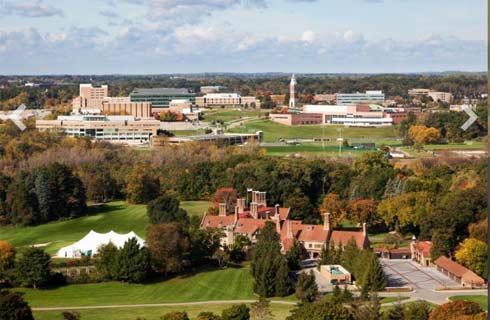
理学学士(荣誉)学位
学历文凭
Bachelor Degree
开学日期
课程费用总额


法语(荣誉)理学士学位
学历文凭
Bachelor Degree with Honours
开学日期
课程费用总额

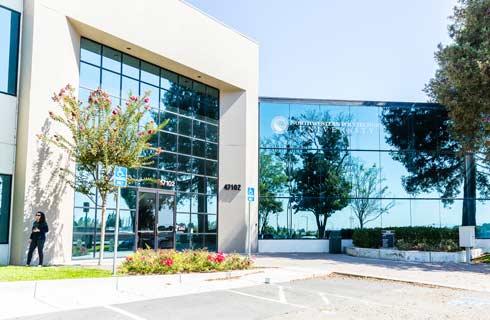
西班牙语(荣誉)理学士学位
学历文凭
Bachelor Degree with Honours
开学日期
课程费用总额

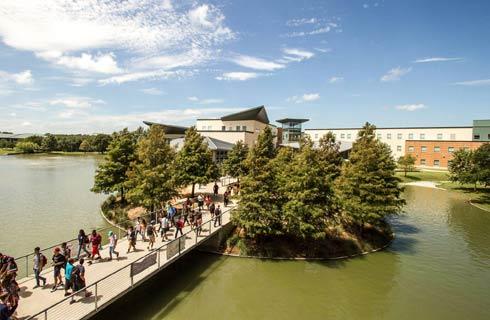
理学士(荣誉)经济学和会计
学历文凭
Bachelor Degree with Honours
开学日期
课程费用总额


一年制金融学(荣誉)理学士学位
学历文凭
Bachelor Degree with Honours
开学日期
课程费用总额

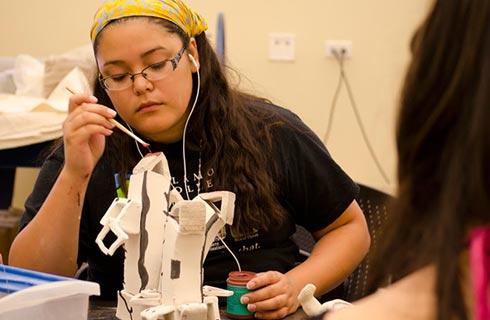
理学士(荣誉)精算科学与风险管理
学历文凭
Bachelor Degree with Honours
开学日期
课程费用总额




















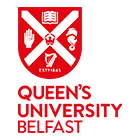
 英国
英国




